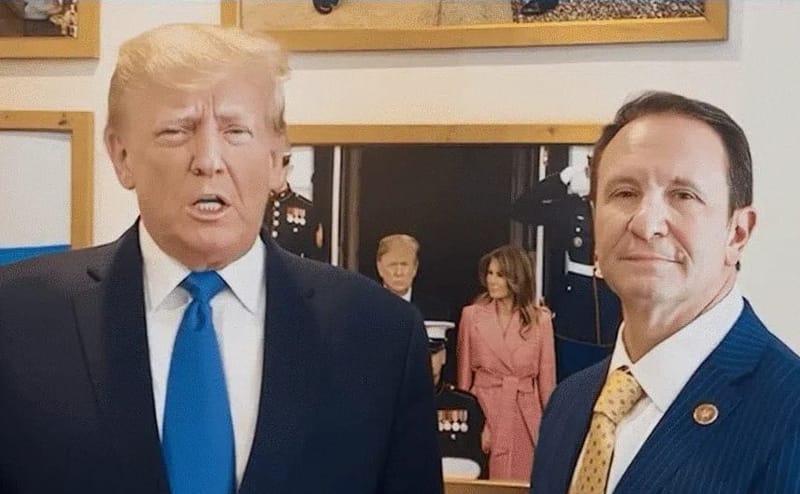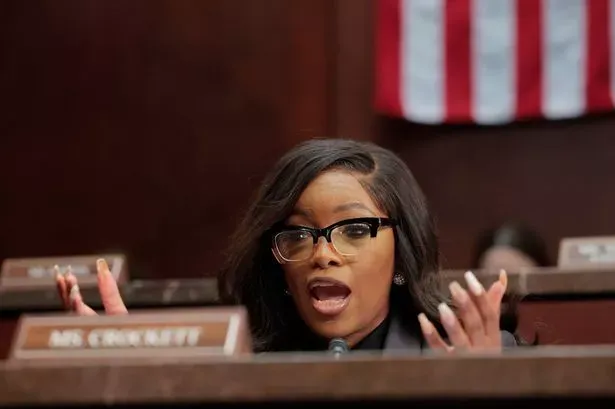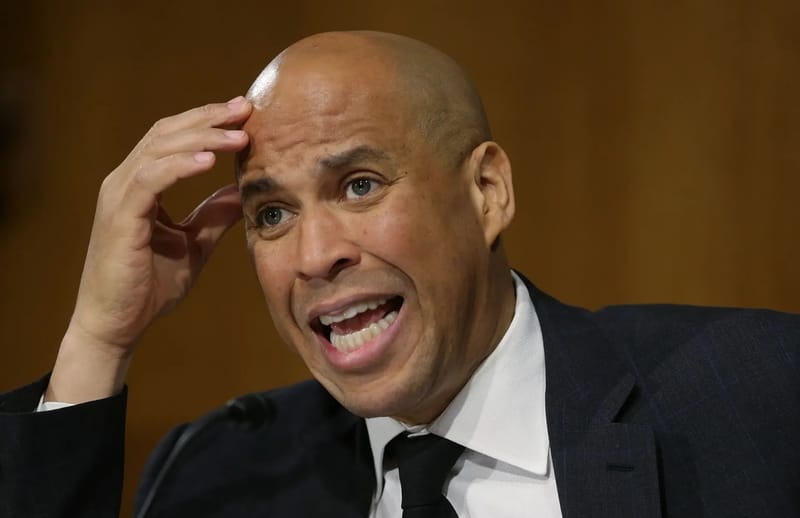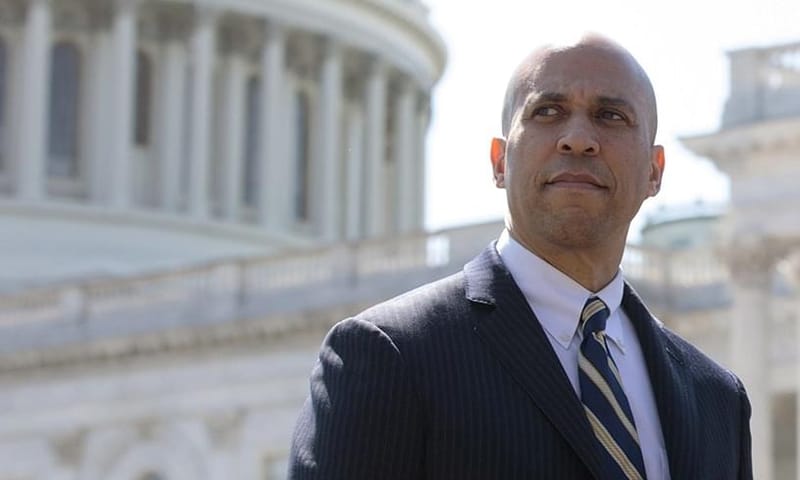Black Trump Supporters Challenge Notion of Common Sense During Detroit Church Visit
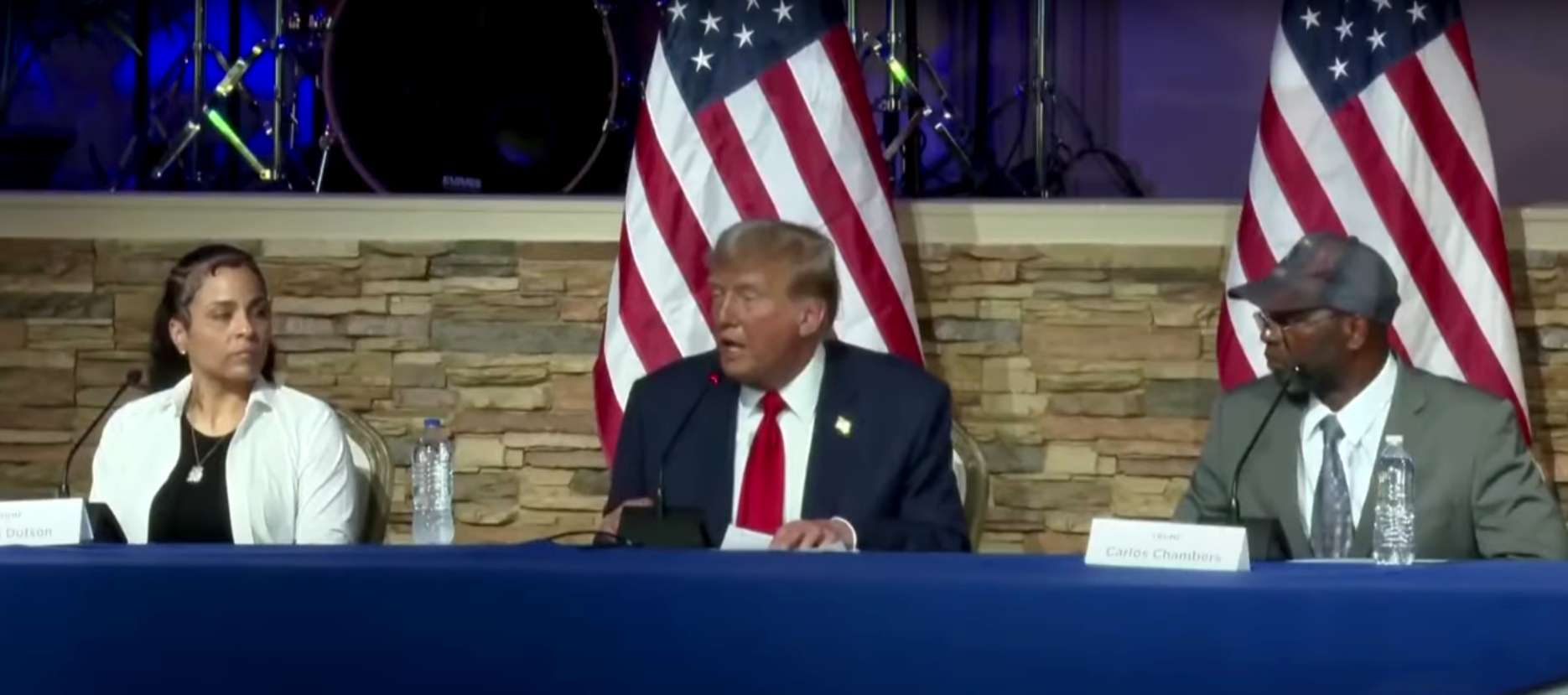
DETROIT — Donald Trump's recent visit to a Detroit church, where he sought to court African American voters amid skepticism and support, underscores a paradox in American politics: the diverse reactions among Black voters to a figure whose policies and rhetoric often diverge from their community's interests.
Trump's appearance at the 180 Church on Detroit's west side aimed to rally support among Black voters, highlighting economic promises and tough stances on border security. Despite his efforts, which included sitting alongside local community members and addressing issues like crime and economic revitalization, the reception was mixed.
Some attendees, like Angelo Brown and Tamika Markham, expressed openness to Trump's economic message, citing concerns over job security and economic opportunities. Pastor Lorenzo Sewell even compared Trump favorably to Barack Obama, noting the former president's absence from similar community engagements.
However, the visit also drew criticism from skeptics like Mae Thomas, who pointed to Trump's past rhetoric and policies that she believes have failed to benefit her community. Thomas's sentiments echo broader concerns about Trump's divisive language and policies, which critics argue have exacerbated racial tensions and inequality.
The divide among African American voters reflects deeper complexities within the community: disillusionment with traditional politics, economic hardships, and a desire for change. Trump's appeal, particularly among those seeking an alternative to establishment politics, challenges conventional political wisdom and highlights the subjective nature of "common sense."
In assessing Trump's appeal to African American voters, it becomes evident that common sense is not uniformly applied. While some see his visit as a genuine effort to engage and address community concerns, others view it as performative, lacking substantive policy proposals that benefit all Americans, especially minorities.
As the 2024 election approaches, the African American community's response to Trump's overtures remains pivotal. It underscores the importance of informed political choices, grounded in a comprehensive evaluation of candidates' policies and their implications for all Americans, particularly marginalized communities.
Ultimately, Trump's visit to Detroit illustrates a critical juncture in American politics where perceptions of common sense diverge, challenging notions of political allegiance and community advocacy among African American voters.



